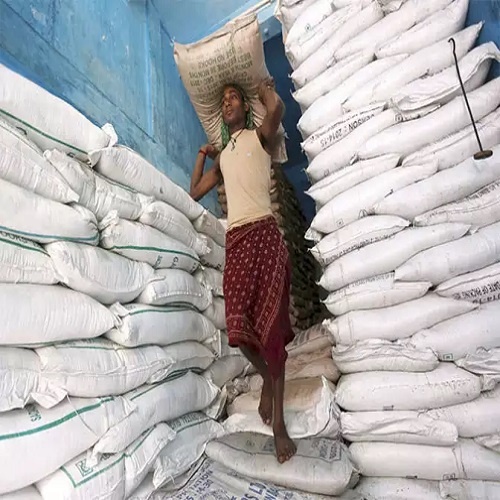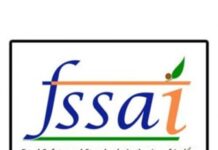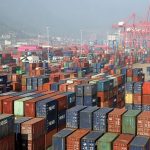Bacolod City: The congressional representatives from Negros Island strongly oppose the proposed sugar import liberalization put forth by Finance Secretary Benjamin Diokno, reports Philstar.
This proposal seeks to permit direct sugar imports by food and beverage manufacturers.
In House Resolution 1199, Representatives Jose Francisco Benitez, Joseph Stephen Paduano, Greg Gasataya, Gerardo Valmayor Jr., Alfredo Marañon III, Juliet Marie Ferrer, Emilio Bernardino Yulo, Mercedes Alvarez, Michael Gorriceta, Jocelyn Limkaichong, and Manuel Sagarbarria – who collectively represent the 11 congressional districts of Oriental and Occidental Negros – express their concern that the liberalization of sugar imports would adversely affect the domestic sugar industry.
Finance Secretary Diokno had previously explained that his suggestion is part of the finance department’s plan to raise the tax rate on sugar-sweetened beverages within the country.
The Tax Reform for Acceleration and Inclusion (TRAIN) law, officially known as Republic Act 10963, introduced taxes of P6 per liter for sweetened beverages using either purely caloric or non-caloric sweeteners, or a combination thereof, and P12 per liter for beverages containing high fructose corn syrup.
The law stipulates that, for the initial five years of its enforcement, 30 percent of TRAIN revenues will be allocated to fund programs outlined in RA 10659, also referred to as the Sugarcane Industry Development Act.
However, the representatives from Negros Island express dissatisfaction, pointing out that only P3.92 billion has been allocated for Sugarcane Industry Development Act programs between 2018 and 2023. This allocation is significantly less than the revenue generated from taxes on sweetened beverages, which accounted for 52 percent of the total P336.1 billion excise tax revenues collected under the TRAIN law during the same period.
Representative Benitez voices his concern that the proposition to liberalize sugar imports, instead of reinvesting tax revenues to bolster the sugar industry, would undermine the domestic sector.
He further cautions that without proper support for local sugarcane farmers, the liberalization of sugar imports could weaken the domestic sugar industry. Given factors like this year’s projected reduction in sugar production due to El Nino and limited milling capacity, he emphasizes that flooding the market with imported sugar could prove detrimental.
Citing a study commissioned by the National Economic and Development Authority in 2021, Benitez highlights the warning against sugar trade liberalization. The study cautioned that such liberalization could disproportionately benefit the affluent and harm the sugar industry stakeholders.












